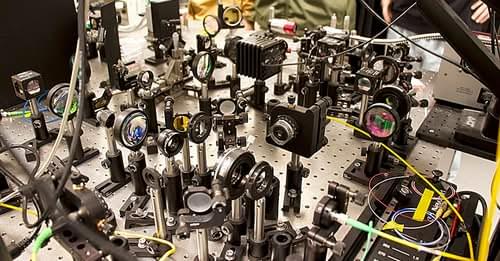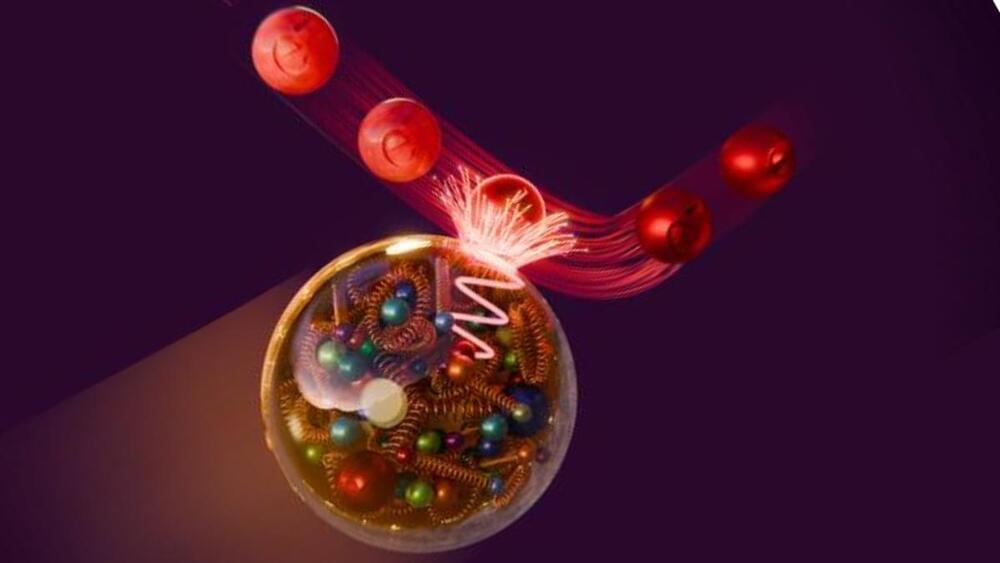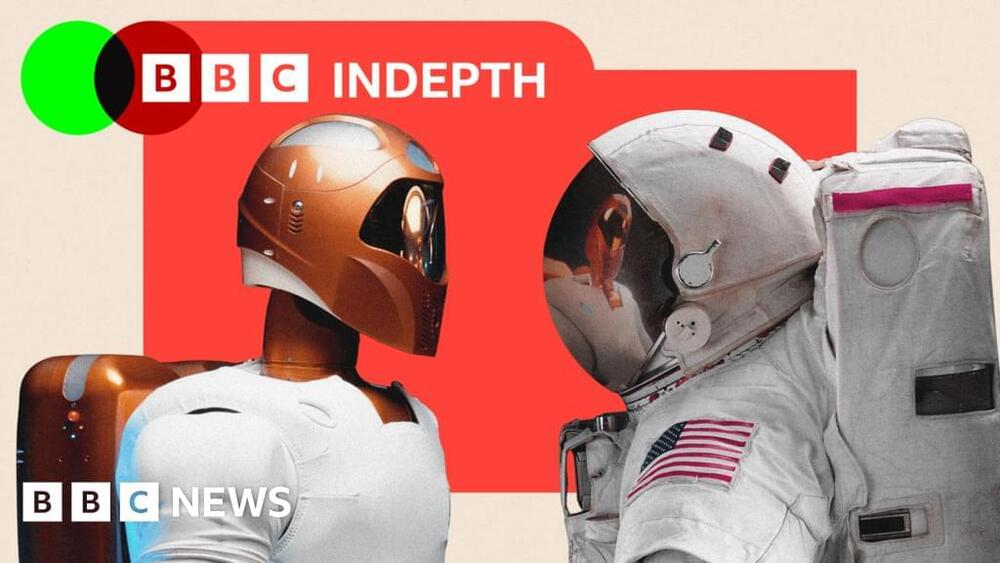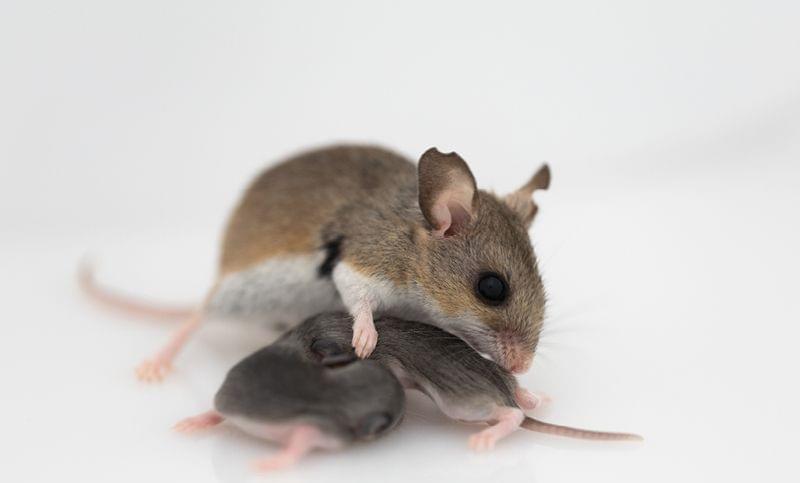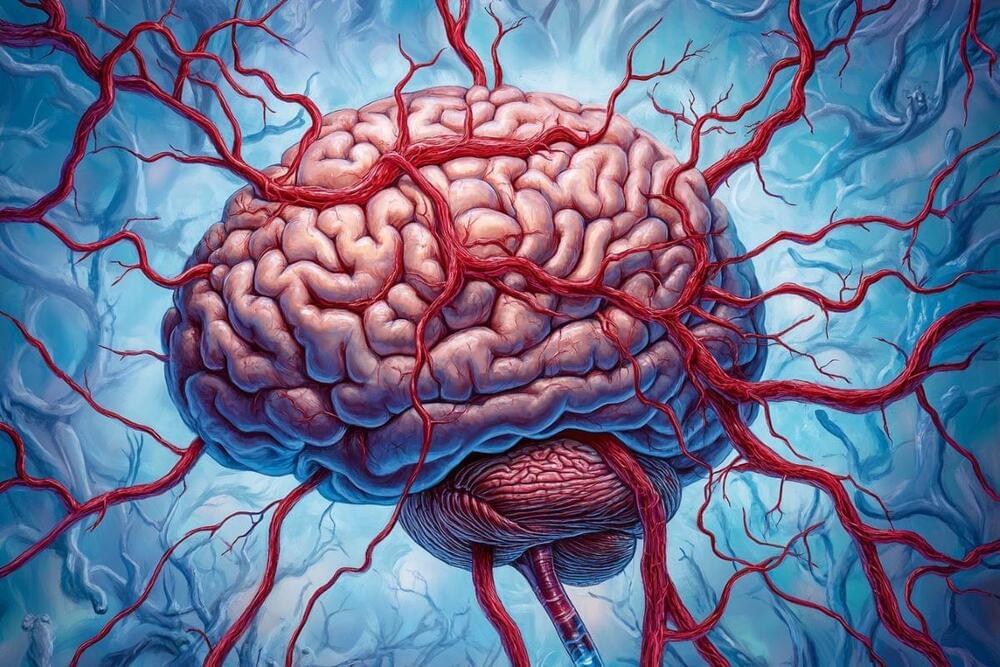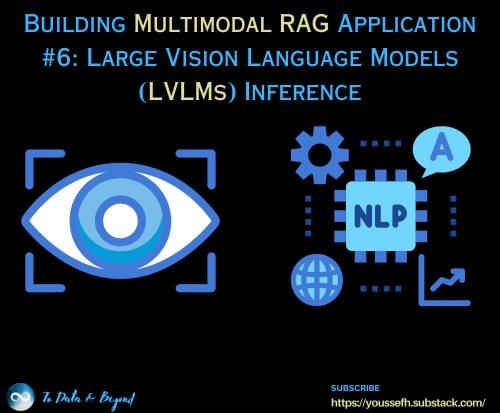Focused on the Antlia Cluster — a dense assembly of galaxies within the Hydra–Centaurus Supercluster located around 130 million light-years from Earth — the image captures only a small portion of the 230 galaxies that make up the cluster, revealing a diverse array of galaxy types within as well as thousands of background galaxies beyond.
The Dark Energy Camera (DECam) was originally built for the Dark Energy Survey (DES), an international collaboration that began in 2013 and concluded its observations in 2019. Over the course of the survey, scientists mapped hundreds of millions of galaxies in an effort to understand the nature of dark energy — a mysterious force thought to drive the accelerated expansion of our universe. The universe’s acceleration challenges predictions made by Albert Einstein’s theory of general relativity, making dark energy one of the most perplexing mysteries in modern cosmology. Dark matter, meanwhile, refers to the mysterious and invisible substance that seems to hold galaxies together. This is another major conundrum scientists are still trying to fully penetrate.
Observations made of galaxy clusters have already helped scientists unravel some of the processes driving galaxy evolution as they search for clues about the history of our universe. In this sense, galaxy clusters act as “cosmic laboratories” where gravitational influence driven by dark matter and cosmic expansion driven by dark energy can be studied on incredibly large scales.

